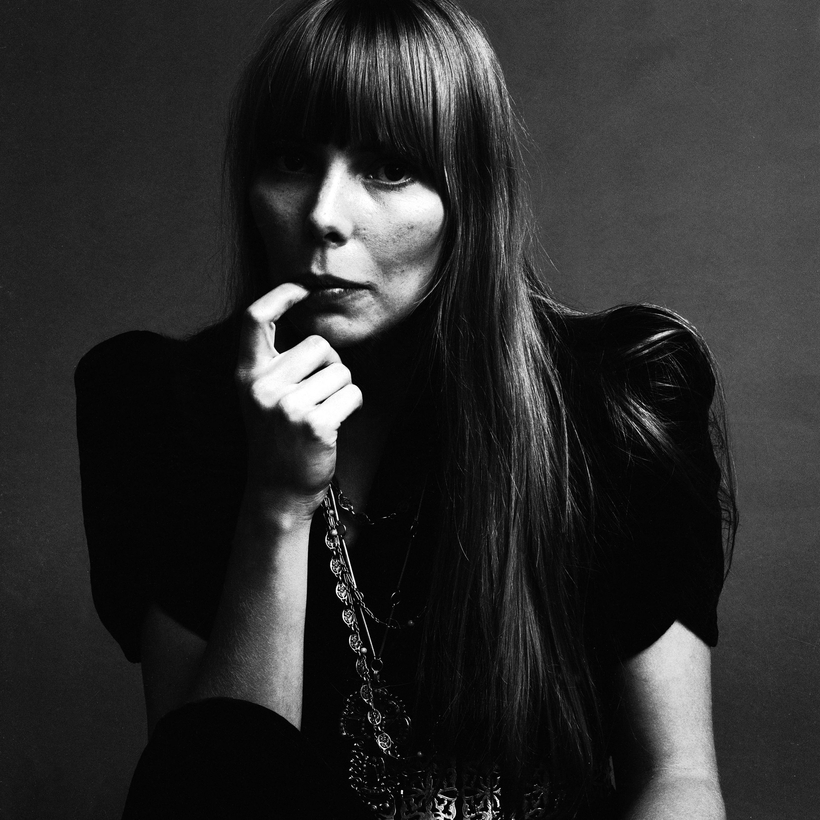Dear Ann,
Reading your book inspired me to revisit my discovery of Joni Mitchell’s 1977 album, Don Juan’s Reckless Daughter. I was 15, at a used-record store. I did not know that it was Joni on the cover, but that was the least of it. The jazz part of my brain was in one place, and the part that I had for her albums Blue and Clouds was in another. It was like two people passionately meeting. It was like falling in love. It was music that sounded like no one else’s.
You did not fall for Joni as a teenager. It happened later. What makes that happen?

